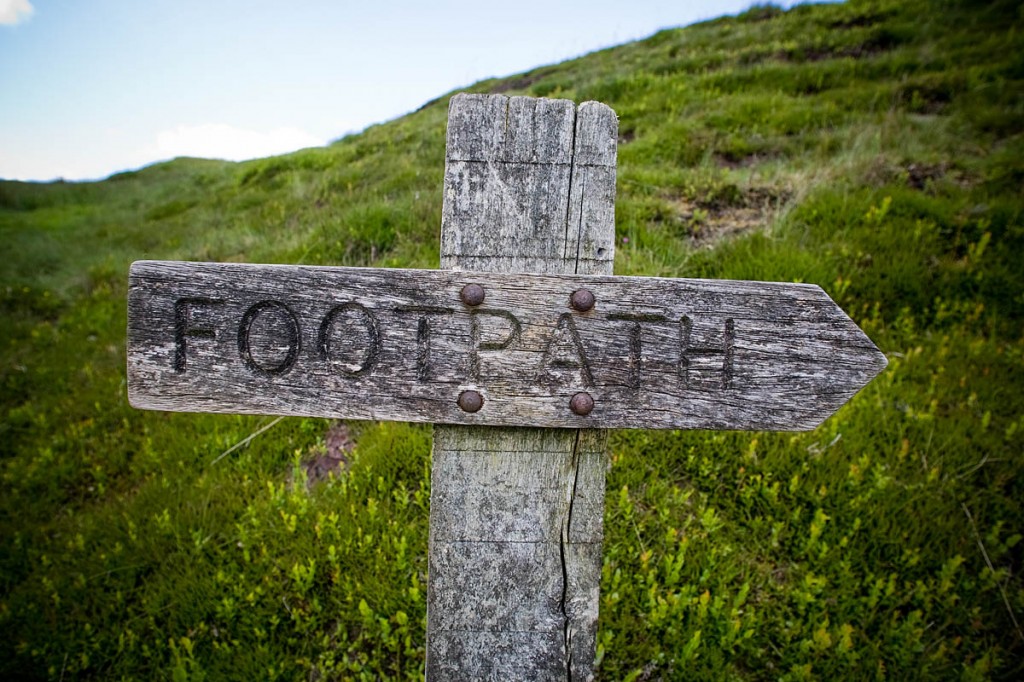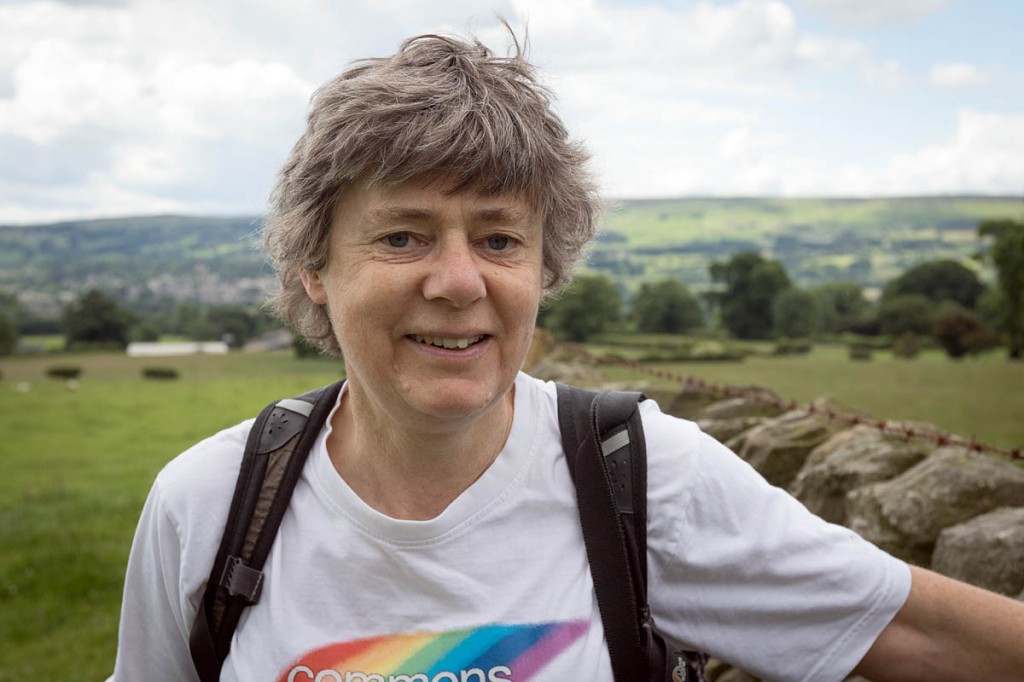The Westminster government said it will repeal a deadline for recording paths as rights of way, to allow local authorities more time to ensure they will remain available for the public.
The previous Conservative government had placed a 2031 cut-off date for provisions under the Countryside and Rights of Way Act which risked historic rights of way in England being lost.
The Department for the Environment, Food and Rural Affairs said: “England has thousands of miles of unrecorded rights of way which are well used by walkers, cyclists and equestrians, but aren’t officially recorded or protected.
“These paths are some of the oldest inscriptions on our landscapes – a tangible record of people’s movements over the centuries, with many paths and roads we use today dating back hundreds or thousands of years. For many walkers, the knowledge that you’re on an ancient path trodden by generations of our ancestors is one of walking’s great pleasures.
“However, local authorities have struggled under the burden of recording historic rights of way, which are estimated to stretch over 40,000 miles, by the 2031 cut-off date introduced by the last government. The government’s move to reverse that decision means these paths will no longer be lost to the public.”
A Defra spokesperson said a healthy and thriving natural environment which everyone can access is a critical part of delivering long-term sustainable change across the country. “Boosting access to nature will also help drive economic growth in rural communities, as part of the government’s plan for change.”
Minister for access, Baroness Hayman said: “Our countryside and green spaces are a source of great national pride, but too many people across the country are left without access to the great outdoors.
“These well-trodden routes, many of which have been in place for hundreds of years, are a part of our shared heritage and it is critical that we bring forward these measures to protect their long-term future.
“This is only the beginning to our plans to increase access to our great countryside as part of a decade of national renewal. This Government will plant three new National Forests and create nine new National Rivers Walks for families to enjoy for the generations to come.”
The government said the cut-off date will be repealed when parliamentary time allows.
Under the changes, local authorities will now have the required time to assess whether paths meet the requirements to be added to the ‘definitive map’, the legal record of public rights of way that was established by the Atlee government when it passed the National Parks and Access to the Countryside Act 75 years ago this month.
Once a right of way has been established the relevant local authority will then be legally responsible for maintaining them along with the appropriate landowner.
Marian Spain, chief executive of Natural England said: “Our centuries-old network of walking and riding routes are a wonderful way for people to enjoy our beautiful countryside and wildlife. Access to the outdoors makes a huge contribution to the quality of our lives and our wellbeing, with ever growing evidence of how vital contact with nature is for our physical and mental health.
“Giving local authorities time to take proper account of the interests of all parties when considering these historical routes is vital if we are to add to that legacy and enable future generations to enjoy being outdoors.”
Ross Maloney, chief executive of the Ramblers said: “The government’s decision to end the threat to thousands of miles of historic rights of way in England is a fantastic step forward in making sure everyone can enjoy the benefits of walking in nature.
“Not only are these paths an integral part of our shared heritage, but they will also have a critical role to play in the future by helping people live healthier, happier lives.
“The announcement today follows on from earlier action in the month to mark the 75th anniversary of the National Parks and Access to the Countryside Act, which included announcing strengthened powers for our national parks and national landscapes so that can deliver more for nature and people.”
The Open Spaces society welcomed the move. It said: “Users have been frantically researching the historic evidence to claim paths, but there is no way that they can research them all before the deadline.
“The county and unitary authorities, which have a duty to process the applications, do not have sufficient resources and so the backlog of claims is growing.”
The society’s general secretary Late Ashbrook said: “This news is extremely welcome, as thousands of unrecorded paths will be saved from extinction. We are delighted that the government is now demonstrating its commitment to our crucially important rights-of-way network.
“Ministers must urgently find parliamentary time to bring this repeal into effect, thereby freeing those unrecorded paths for future use and enjoyment, for recreation, health, and well-being.”
Ms Ashbrook said local authorities must now be adequately funded to allow the work to record the rights of way to take place. “The authorities must be resourced so that they can process the applications to add paths to the maps. too many routes hang in limbo, waiting to be recorded on the maps.
“The history of our landscape is written in our public-path network. Those paths must be recognised in law and practice. We are relieved that the government intends to take this important step to safeguard our vital paths.”

